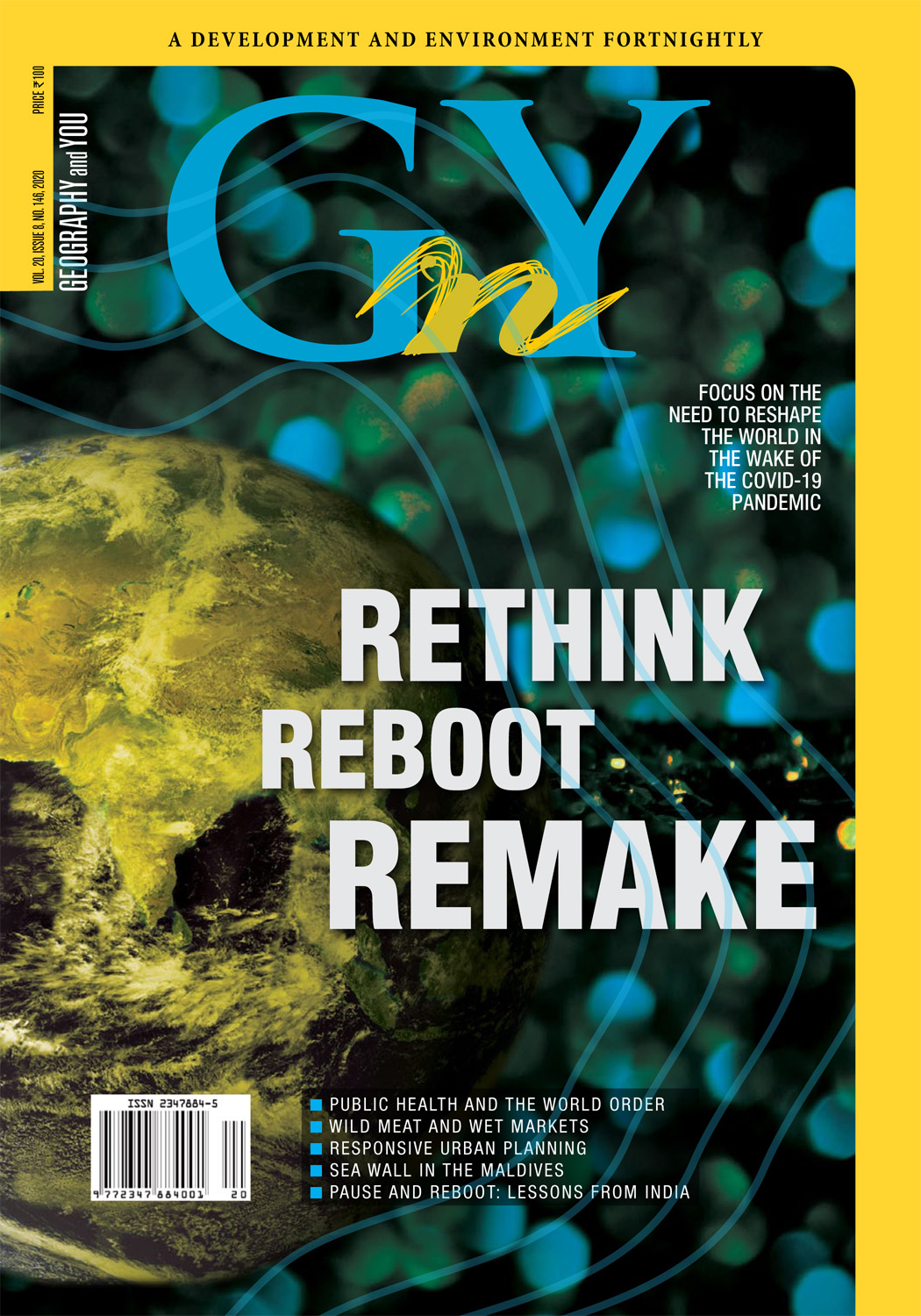
Expert Panel

Raja Ramanna Chair Professor, National Institute of Advanced Studies (NIAS), Bangalore

Former Professor, Jawaharlal Nehru University, New Delhi
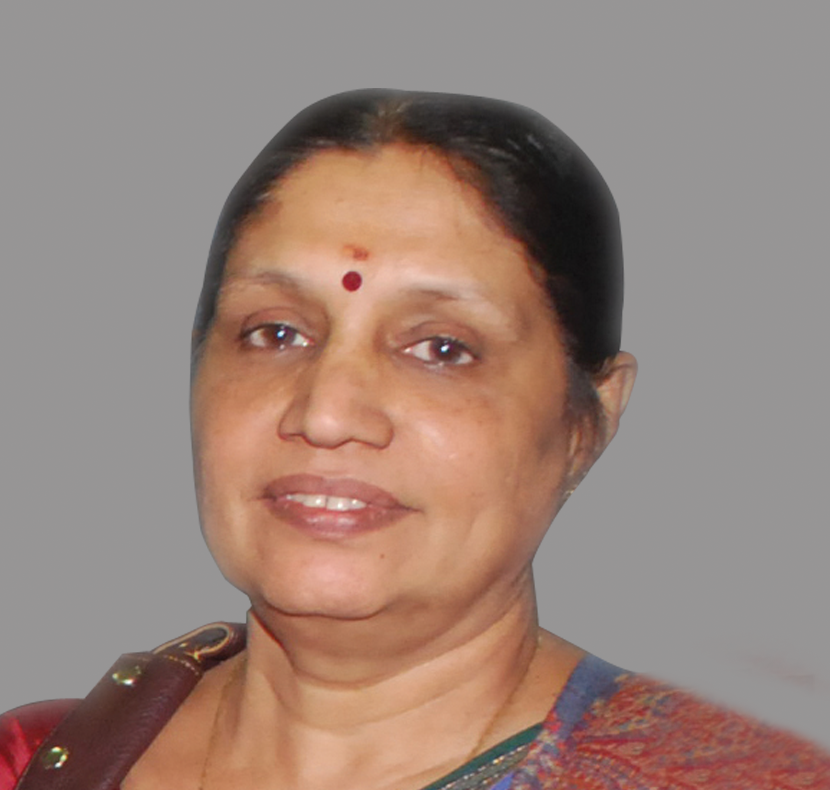
Former Chairperson, National Biodiversity Authority, Chennai.
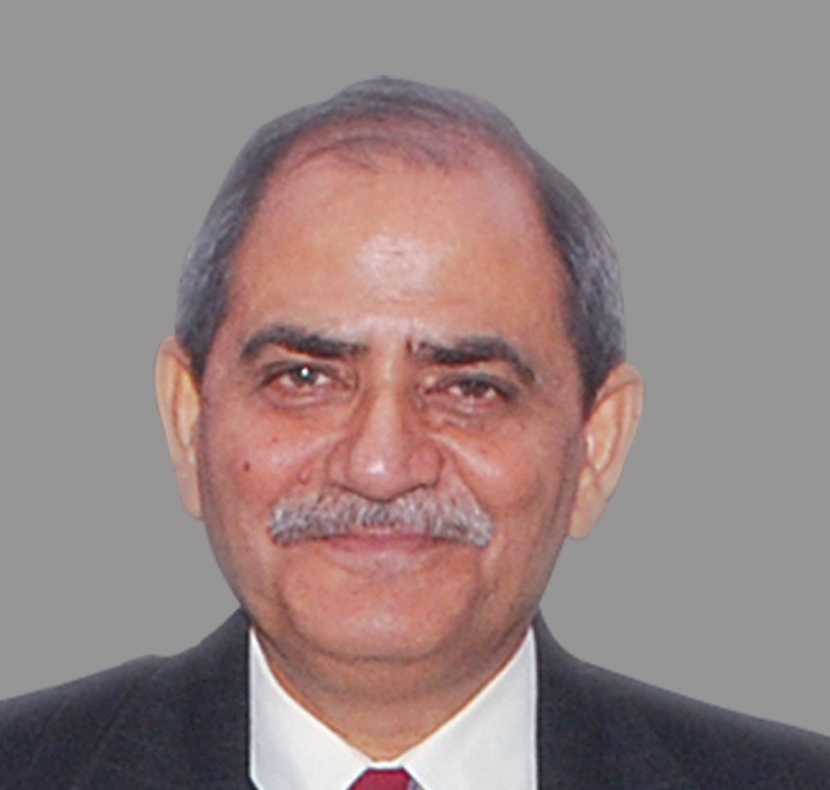
Geologist and Secretary General, 36 IGC, New Delhi.

Prof Emeritus, Alfred Wegener Institute for Polar & Marine Research, Germany
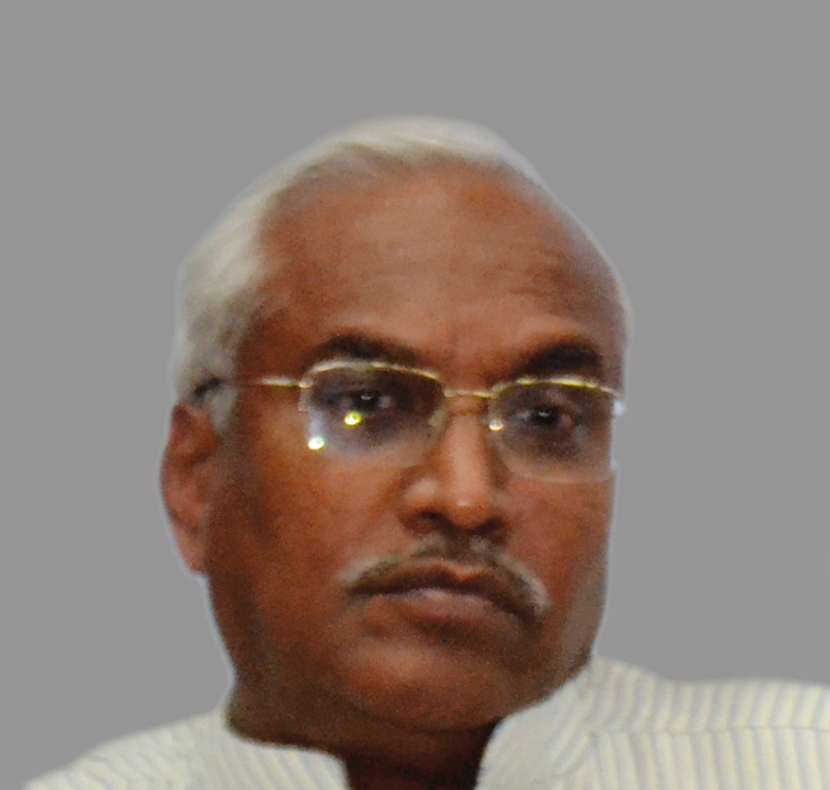
Former Director General, India Meteorological Department (IMD), New Delhi.

Former Professor, CSRD, Jawaharlal Nehru University, New Delhi.
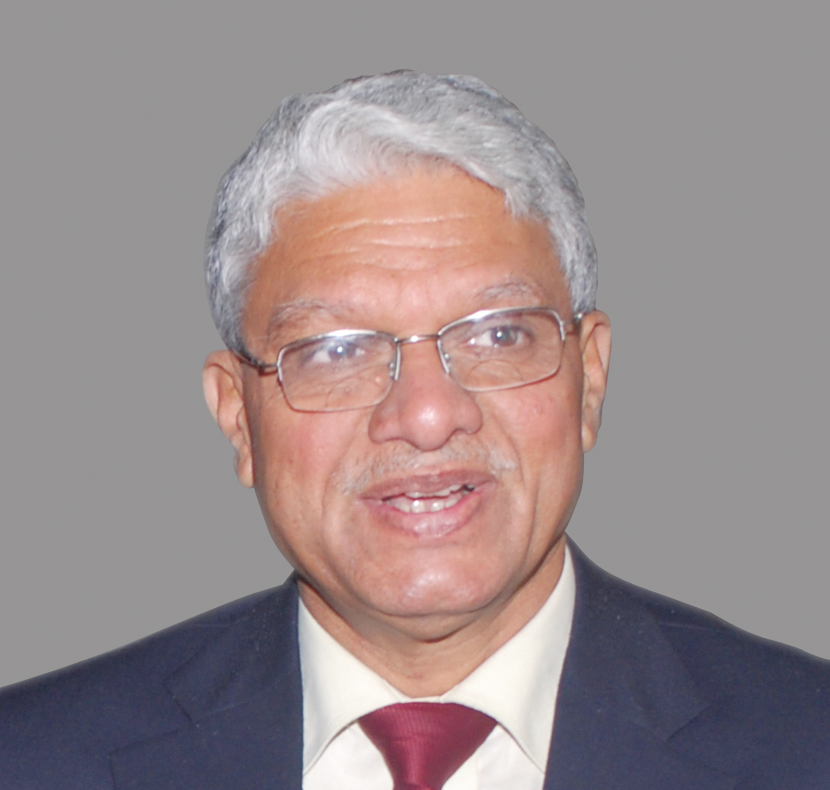
Air Vice Marshal (Retd) Former DG, India Meteorological Department (IMD), New Delhi
Inside this issue
COVID-19 IMPACTS
An opinion piece that discusses migrants and the nation’s economy, polity and society. The author argues that India’s multilevel federalism needs to be protected to make internal migration safe, orderly and regular.
The current global crisis arising out of Covid-19 pandemic that has already consumed hundred of lives worldwide, has once again exposed glaring weaknesses of the economic, social and political order presided over globally by the neoliberal architecture. This article attempts to understand not just the current global and national/regional crises from the perspective of the Covid-19 pandemic, but to take a look at the historical processes of widening inequalities in the context of the overarching phenomenon of neoliberal socio-economic and political programmes. I propose that world capitalism, especially after the growth of sea-based trades, which eventually translated into creation of worldwide imperialism that captured and controlled natural and productive resources in more than half of the world geographical area, has been continuously reinventing itself to remain in the privileged position of power. The ever rising scope and intensity of global capitalism and its current avatar—neoliberalism, is closely associated and responsible for widening economic inequality, socio-spatial concentration of wealth, extensive and irreversible environmental degradation, climate change, political disenfranchisement, accumulation by dispossession and deepening of social class and ethnic divisions and conflicts within national boundaries as well as between and among countries. The current crisis is a culmination of greed based trade and unnecessary competition. It is imperative now to redefine global priorities and in the light of insightful recent innovations in the field.
In the present era of a knowledge society, the world order will be shaped more than ever before by the politics of knowledge. In the post-COVID world, public health knowledge is likely to be a significant contributor. This article briefly discusses the various contemporary public health approaches evident within the discipline: global health, community medicine and critical public health. Then it goes on to analyse country level policy approaches to the COVID-19 pandemic, delineating a tentative four-category typology, based on available information. Finally, it sets out the possible outcome indicators that should be used to assess the national responses.
The global challenge of COVID-19 is still unfurling. States are grappling to control its remorseless spread with varied success and its impact both on long and short-term scales are still being understood. However, a distinct urban bias in its spread across the globe and universal response of lockdown and social distancing for its control has brought pertinent questions to the fore. Urban planning and the future of our cities in terms of urban life and city form therefore needs to be revisited. In India, the exodus of migrant workers from its large cities has added yet another dimension to this challenge.
Wet markets operate in most Asian countries including India. China reported its wet markets as the epicentre of the Covid-19 outbreak in Wuhan and also more recently in Beijing. These wet markets, a traditional part of popular local culture in Asian countries, are increasingly becoming a cause of concern for the international community and health practitioners across the globe. This article attempts to understand how global authorities and their Asian partners are looking to regulate these infamous wet markets to significantly lower the risk of viral and other pathogenic load from these unhygienic wet markets.
Despite many governmental initiatives, malnutrition in India remains a major health challenge. There is a marked deficit of fruits in the diet of most Indians, consuming much lower than what is recommended by the World Health Organisation (WHO). One of the reasons behind this is the high price of fruits and thus its inequitable access. As we prepare ourselves to live in a world marred by COVID-19 and a shrinking Indian economy, we must think of new ideas to manage access to food, especially micro-nutrient rich fruits. This paper explores the possibility of planting endemic fruit trees in public spaces like roadsides and parks, that can help in increasing the consumption of fruits amongst the poor. It also attempts to analyse whether this can serve as a long-term solution to bridge the gap between fruit production and consumption in India.
INDIAN OCEAN RIM NATIONS
The Small Island Developing States are particularly vulnerable to the peril of climate change. Sea level rise, increase in sea surface temperature, high incidences of drought and flood are some of the vulnerabilities that loom large over such island states. The Republic of Maldives is one such example, which has been publicly advocating for the reduction in greenhouse gas emissions. Despite being one of the least contributors to such emissions, the Maldives faces the highest impact of global warming. Being one of the lowest-lying island nations, it has been undertaking various steps to curb the egregious impacts of environmental catastrophes. One of the response measures taken by the Maldives is the construction of seawalls. This article discusses this, while accenting the drawbacks and benefits associated with the approach.
In brief
As the world struggles with the Covid-19 pandemic crisis, I am reminded of the indigenous group Boti and their remote, tiny kingdom in West Timor, Indonesia. When I visited them in 2017, I was in awe of the sheer simplicity of their lifestyle. Strangers to electricity and machines, they are supremely self sufficient. Despite a tenuous existence, they are proof that a simple, secluded life can be a happy one.
Making it a fair game Inequalities are inevitable. But, without a sense of justice, inequalities help bolster insatiable greed and malice. Every human calamity then turns into an opportunity to create a paradigm that can provide new earnings in the garb of human good. The Covid-19 pandemic is the l

